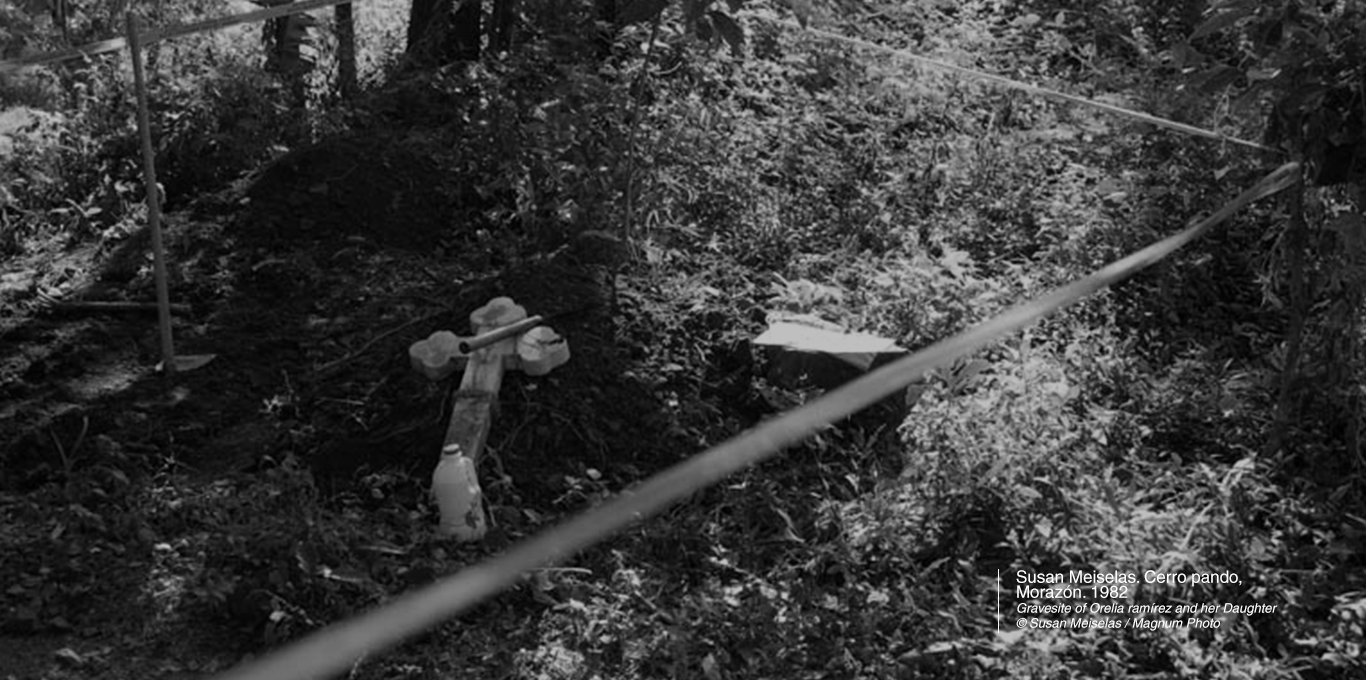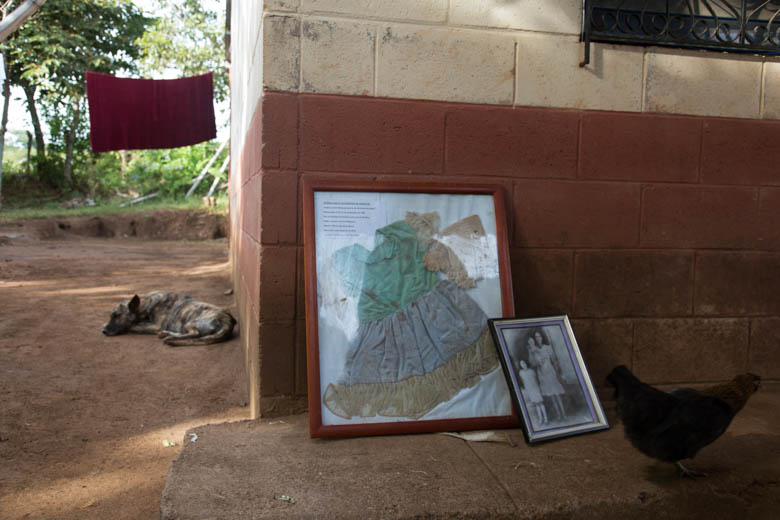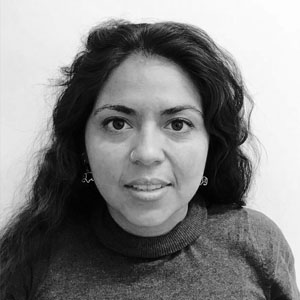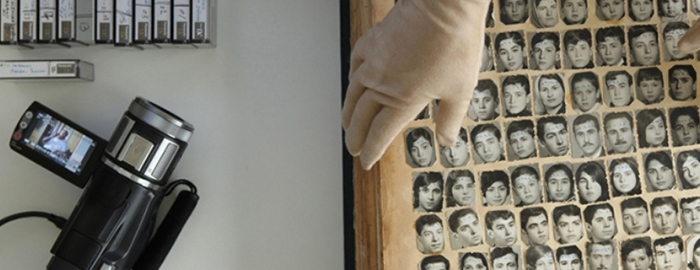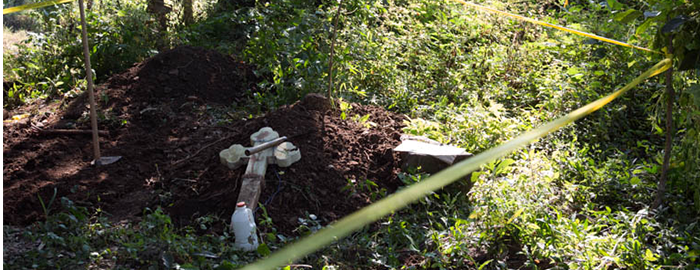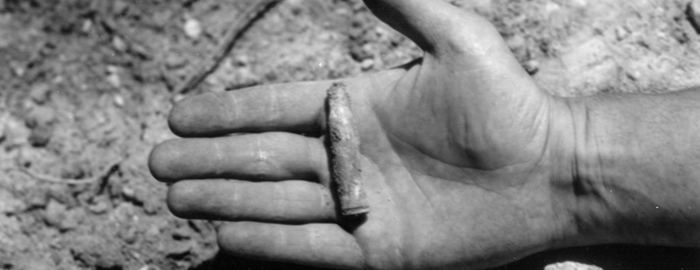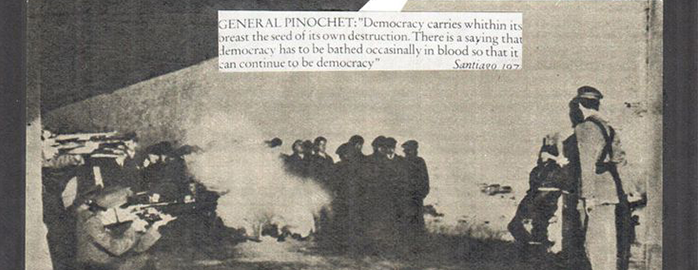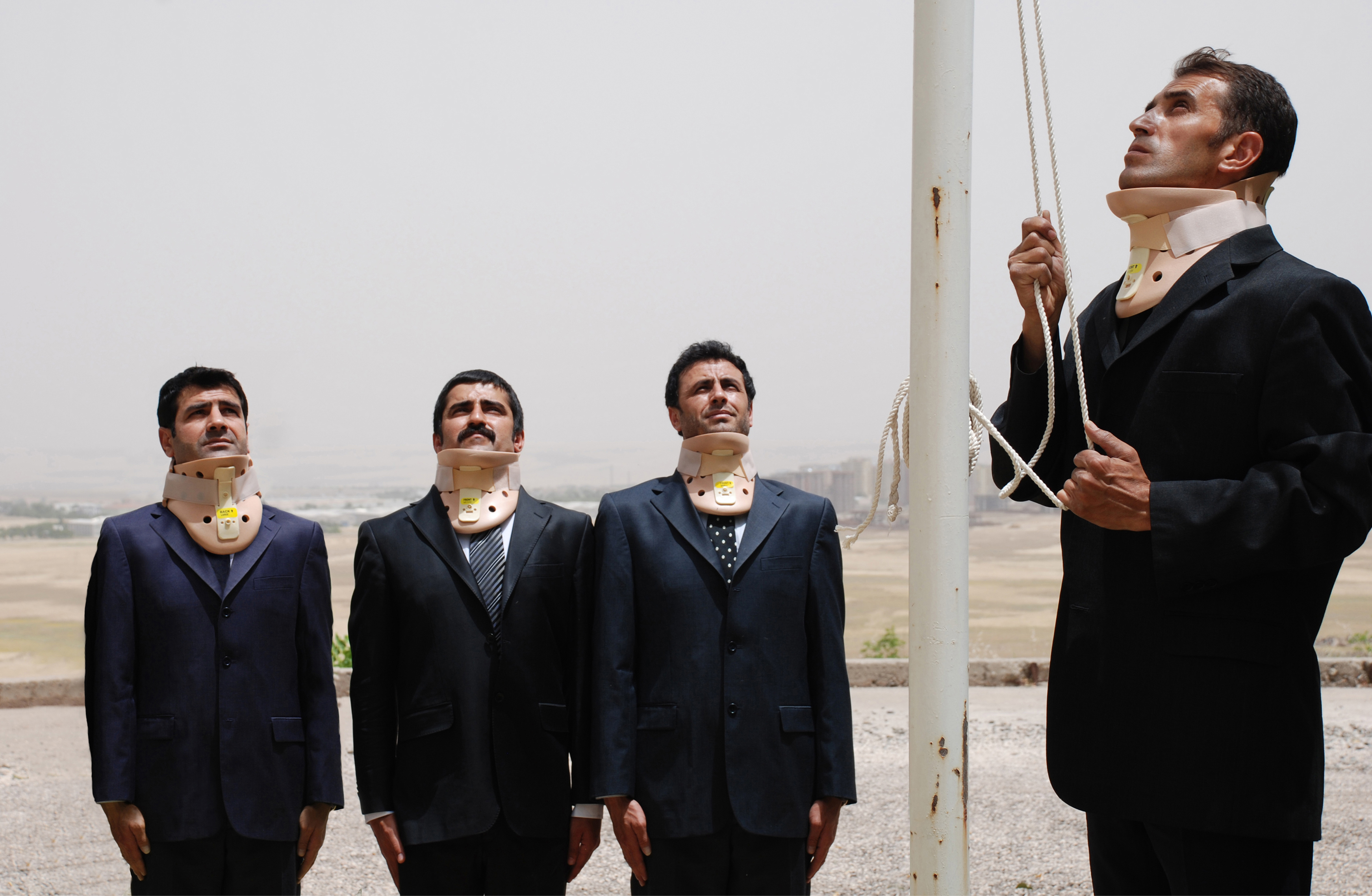Deprecated: Function wp_make_content_images_responsive is deprecated since version 5.5.0! Use wp_filter_content_tags() instead. in /home/fdcdadk7/public_html/wp-includes/functions.php on line 6031
Susan Meiselas. In the village of Arambala which was also destroyed and deserted at the same time as the Mozote massacre. 1982
© Susan Meiselas / Magnum Photo
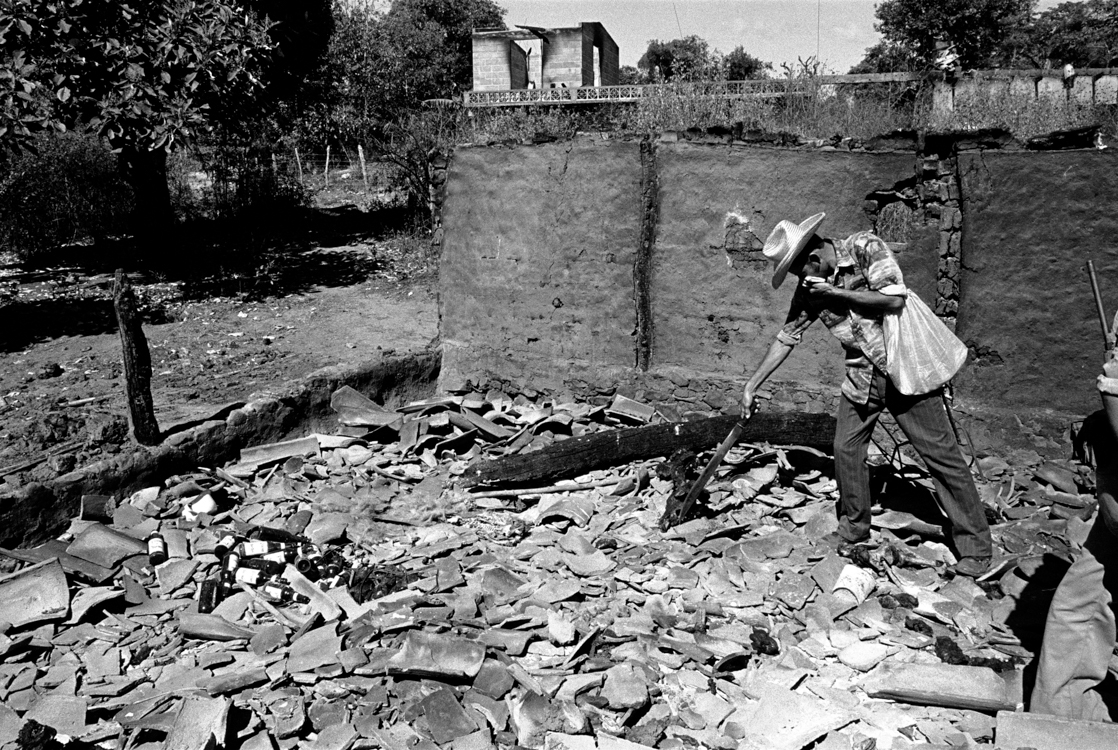
Deprecated: Function wp_make_content_images_responsive is deprecated since version 5.5.0! Use wp_filter_content_tags() instead. in /home/fdcdadk7/public_html/wp-includes/functions.php on line 6031
In this research, I draw upon the vast scholarly production discussing the relation among violence, memory, justice and aesthetics. From the perspective of anthropological and cultural studies, I seek to explain through a comparative analysis of two communities –El Mozote in El Salvador and Pambach in Guatemala – the impact that political violence had on the populations during the civil wars in the 70s and 80s, and how people are still affected in their everyday life. I want to discuss the way in which objects have shaped settings of pain and its aesthetics. My goal is to contribute to rethinking narratives of political violence, memory, and justice by exploring the role of objects (i.e. bones, pictures, archival material) and their various meanings for both the communities and families seeking justice and the states’ quest for reconciliation. Although the political culture seems to be very different in both countries at the level of state discourses, I want to explore the everyday aftermath of the violence experienced during the wars, which is remembered by the victims through the very materiality made up of bones, pictures and archives of the victims. I consider that studying the violence of the past might help to clarify why after signing the peace accords these two countries became one of the most violent regions in the world. Through an ethnographic study, I wish to argue that the practices in post-conflict Central America are not that different in the micro discourses, as victims and perpetrators did not undertake a process of deep reconciliation, and structural violence keeps affecting the ones who suffered under the civil wars three decades ago.
